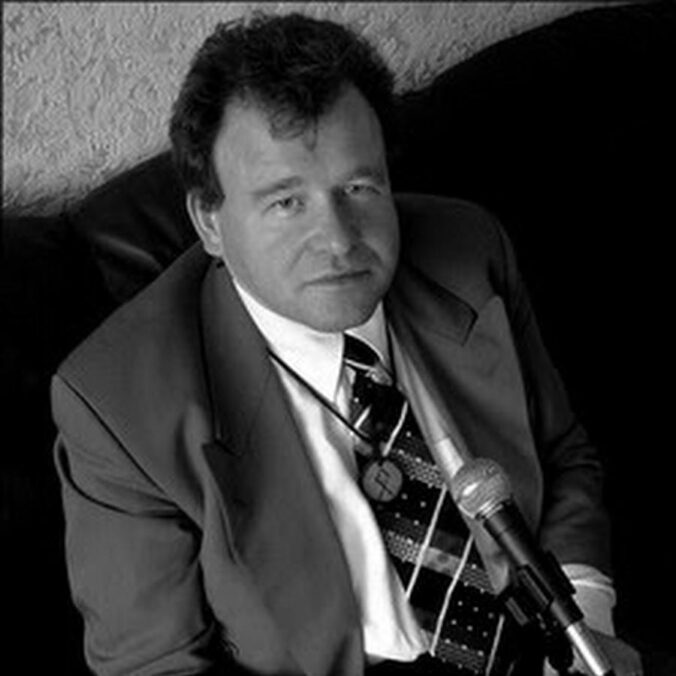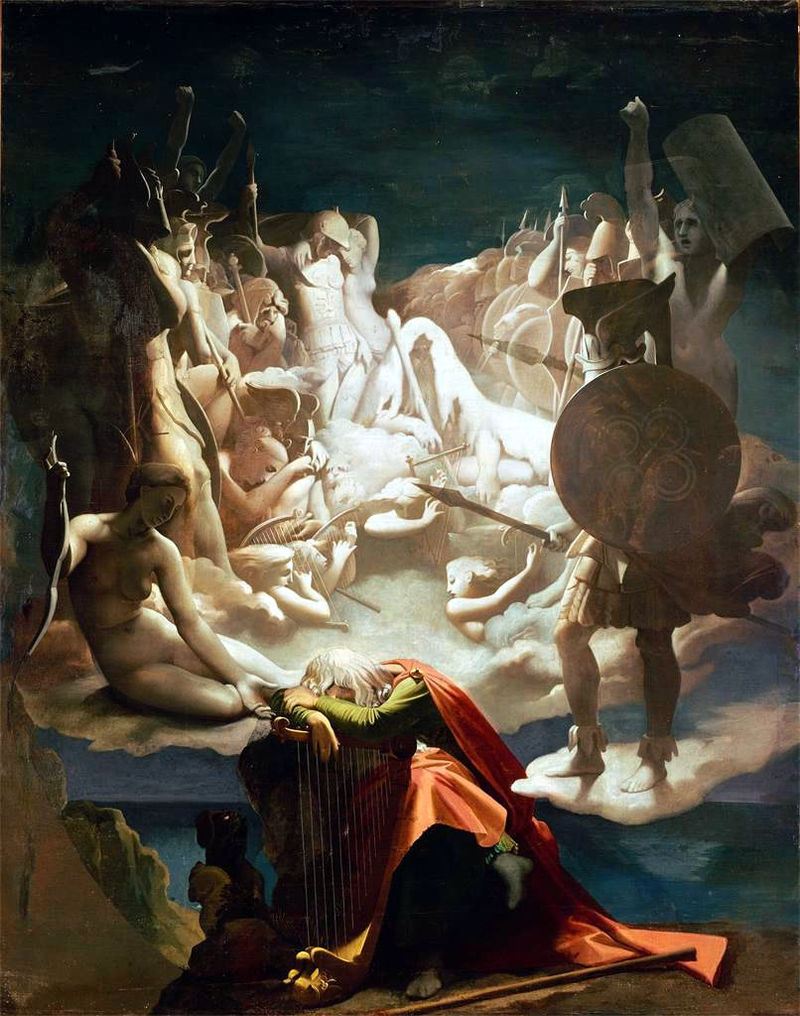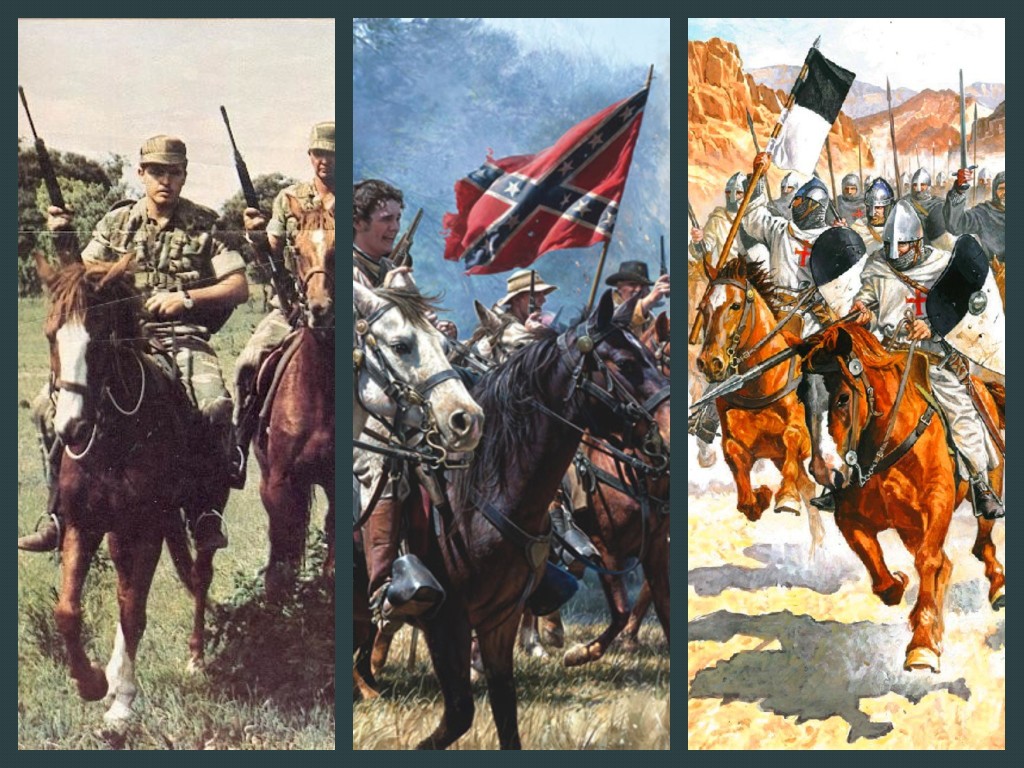It is fair to say that Jonathan Bowden lived an unconventional life: bohemian intellectual, artist, filmmaker, Cultural Officer for the British National Party, and raconteur par excellence. It is also fair to say that he is now enjoying an unconventional death, with his posthumous presence being preserved in a dedicated archive of his speeches and writings, in disparate dissident group chats, and in the hundreds of creative edits of the recordings he left behind. This staying power is quite a remarkable achievement in the age of the amnesiac internet, where trends blink in and out of existence and figures rise and fall in the space of months, if not weeks. Many of Bowden’s quotes, ranging from the profound to the surreal, have become beloved mantras in the radical Right’s lingua franca. Whether it is the appeal to “Clear them out!” or the prescient observation that the United Kingdom’s gig economy would be staffed by Albanians on small motorbikes, Bowden has pervaded the collective consciousness. This begs the question: How did he manage it?
At first sight to an objective observer, Bowden perhaps seems an unlikely candidate for cult internet celebrity status: a middle-aged man addressing tiny gatherings in grotty British pubs about half-forgotten figures of the Right. It’s hardly something that one would expect to resonate in the Netflix era. This is compounded further by the typically quite amateur production values of most of the recordings, and the thorny issue of Bowden’s own academic credentials to speak on such topics in the first place. Whatever the reasons, it seems that Bowden never obtained any formal academic degree, despite having enrolled at both the University of Birkbeck and Cambridge University. If Bowden’s detractors and even some of his close associates are to be believed, he could charitably be described as having embellished the facts about both his formal academic training and his personal life.
The case could be made that the Right is replete with many speakers, both living and dead, who are both more qualified and more deserving of the attention Bowden has received. Vice President of the Traditional Britain Group (TBG) Gregory Lauder-Frost distills a certain brand of traditional conservative contempt for Bowden when he describes him as a weirdo who lived in a filthy caravan and who had an “astonishing” appearance. Lauder-Frost has further asserted that Bowden was thrown out of the conservative Monday Club for fabricating almost every claim about himself and his involvement in the Conservative Party.
Ben Sixsmith echoes some of these conservative reservations about Bowden in his own essay on his legacy, surmising that in many areas he simply went too far. Yet, these criticisms are in actuality the basis for Bowden’s enduring appeal, not the damning critiques his opponents may think they are. It is true that Bowden was a fantasist and a dreamer, lacking in formal qualifications, but it is exactly this fluidity of thought and absence of rigid academic thinking that has made him fascinating to a wider audience. It is also true that Bowden couldn’t be constrained by the suffocating, deadening influence of the traditional conservative mold. So much the better.
There are many capable intellectuals who can deliver informative and well-researched lectures on thinkers such as Heidegger, Evola, and Nietzsche, and there is certainly no shortage of pop-commentators and would-be analysts who make their living by giving their takes on contemporary events. Yet Bowden managed to bridge the gap between these two disciplines, expounding on lofty intellectual topics while relating them to current affairs and real issues that affect the lives of ordinary people. His mixture of devastating deconstruction of the ruling elite, deep intellectual insights, and dark and earthy English sarcasm and humor allowed him to keep white working-class audiences engaged in a way that a conventional, dry academic simply would not have been able to.
It is not only his breadth of knowledge and trademark oratory style that has granted Bowden his lasting appeal, but his radicalism. It is perhaps surprising that an individual who stated openly that “there’s nothing wrong with fascism” has managed to break out of the cordon sanitaire of the internet’s dark recesses and reach a new generation of younger YouTubers and Twitter users. Yet in another sense, in an epoch where society seems in terminal decline, only the most radical options have the burning fire of appeal to young and old alike. Fascism is not an ideology defined by a verbose theory, but by action. Bowden embodied fascism’s kinetic energy by being not only an intellectual, but by giving himself fully to vanguard party politics. Despite the advice of his friends, he involved himself with the British National Party (BNP), which in the period he was its Cultural Officer represented a vital and unrepentantly radical option for change in British politics. While some have stated that Bowden wasn’t cut out for party politics — and it is undeniable that his stint in the BNP ended in disaster — this doesn’t detract from the fact that he was prepared to knock on doors and ask the public at large to vote for an explicitly ethnonationalist party.
This is emblematic of Bowden’s most appealing quality: his sincerity. In an age awash with post-modernism and post-irony, Bowden preached radical principles and acted on them in the sincere belief that another future was possible. In his way, he perhaps came closer than almost any of us has to achieving this future in an era when the BNP was gathering almost a million votes in the European elections and winning seats in local government across the United Kingdom. The degree to which Bowden was influential in generating this populist momentum is debatable, but it is undeniable that British electoral politics of that period had a febrile, electrified quality in which the establishment were genuinely and hysterically afraid of a political party that had an explicitly all-white and pro-white party constitution. Bowden’s talks, and thus his lasting appeal, are inextricably linked to this moment in history when it seemed change was not only possible, but probable.
At his core, and similar to almost all great individuals, Bowden had a paradoxical character. While he was involved in what was ostensibly a populist party, he was instrumental in intellectualizing the ethnonationalist movement and inculcating elitist values. It is difficult now for those who have joined the movement more recently to grasp how far in the intellectual wasteland nationalist thinking was in the 1980s and ‘90s. Conservatives had intellectuals, while nationalists had skinheads and the salt-of-the-earth working-class voters. By rediscovering and advocating for a pantheon of radical cultural figures from Wyndham Lewis to Thomas Carlyle, Bowden helped lay the foundations for a more serious, more reflective, and ultimately more durable philosophical foundation for our political work. While it could be said that the movement today is in fact too intellectual, and has become too good for the messy world of real political action, that is our own failure in abandoning the Bowdenite principles of intellectually informed action in favor of endless navel-gazing and impotent introspection.
What, then, can we take away from Bowden’s continued relevance in an age where so many others have been forgotten? We must continue to take ideas seriously and commit ourselves to the ongoing process of intellectual archeology, to the great work of reviving the constellation of European thinkers, and to returning to the wellspring of ideas that have always fueled our multiple renaissances. We must resist calls to moderate our views, but instead choose the most radical option. We must understand that is not enough to simply believe in an alternative future, but we must fight for it by taking our ideas to the masses, albeit without compromising on our ideological principles.
Above all, we must remain optimistic. Despite being touched by melancholy and personal disaster, Bowden never lost faith in the ability of Europe and Europeans to achieve metaphysical and demographic revival. While we can only speculate on what insights he would have had into contemporary events from Trump to the Russo-Ukrainian War, we must honor his memory by taking up the mantle and leading our revolutionary vanguard to new heights.
Bowden may be gone, but his spirit and infectious energy lives on. In a world that invites us to be passive, docile, and to be a mere spectator in the political process, we must choose instead to be gladiators, and to live up to his words: England and Britain forever!




Recent Comments